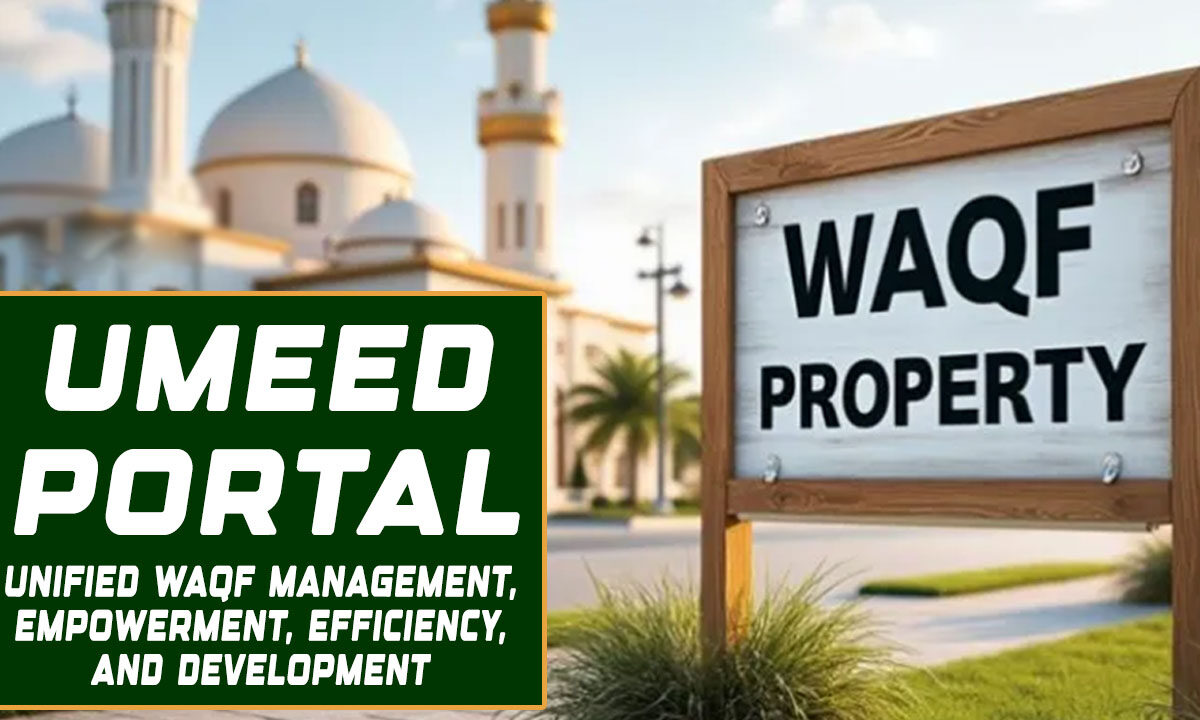Centre to Launch ‘UMEED’ Portal for Waqf Property Registration from June 6
This digital platform is aimed at facilitating the registration of Waqf properties across India.

The central government is set to launch the UMEED portal (Unified Waqf Management, Empowerment, Efficiency, and Development) on June 6, 2025. This digital platform is aimed at facilitating the registration of Waqf properties across India. As per the new guidelines, all Waqf properties must be registered on the portal within six months from the launch date.
Table of Contents
Key Provisions Under the New System
The State Waqf Boards will oversee the registration process on the UMEED portal. Property registration will require detailed descriptions, including exact dimensions and geo-tagged locations. Crucially, properties in the name of women cannot be declared as Waqf, while the beneficiaries must primarily be women, children, and the poor.
Properties not registered within the specified six-month window will be treated as disputed and referred to a tribunal for further proceedings.
Also Read: E-Shram Card: One Card, Many Benefits — Eligibility, Registration Process & Key Details Explained
Waqf (Amendment) Bill 2025: Background and Controversy
The Waqf (Amendment) Bill, 2025 was passed by both Houses of Parliament after intense debate and received presidential assent on April 5 from President Droupadi Murmu. The law aims to regulate religious endowments under Islamic law and bring efficiency and transparency to Waqf property management.
However, the law has sparked controversy, with multiple petitions filed in the Supreme Court challenging its validity. Petitioners claim the amendments are a form of executive overreach, enabling the “capture” of properties through non-judicial processes, and allege that the amendments discriminate against Muslims and interfere with religious affairs.
Supreme Court Proceedings and Government Stand
The Supreme Court, while hearing the case on April 17, decided not to stay the implementation of the Act following a government assurance that certain provisions would not be enforced immediately.
During a follow-up hearing on May 27, the apex court sought responses from the Centre and other stakeholders. The government has argued that the law does not violate constitutional guarantees and has urged the court to dismiss the petitions.
What Lies Ahead
As the Centre moves forward with the launch of the UMEED portal, the legal battle over the Waqf (Amendment) Act, 2025, is set to continue. Meanwhile, Waqf boards and property owners must prepare for the upcoming mandatory registration process, which could significantly reshape the management of Waqf properties across the country.
